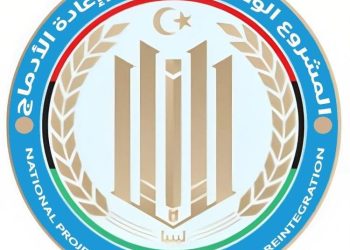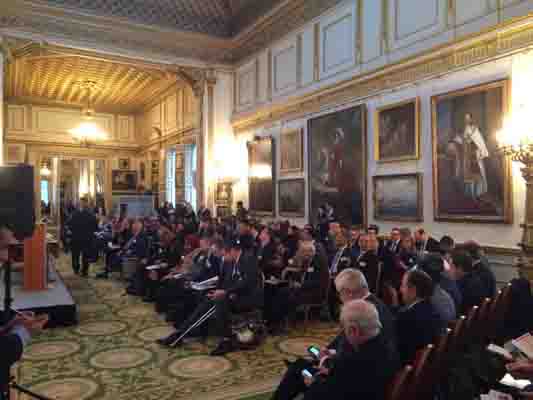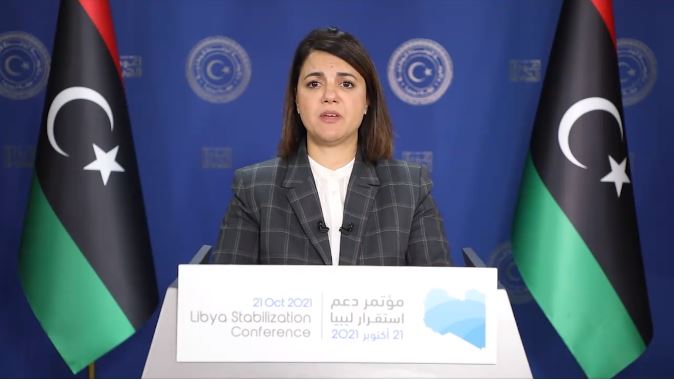By Jamie Prentis.
Tunis, 26 January 2017:
A summit on Libya is to take place tomorrow, Friday, in Brazzaville, Republic of Congo, with a number of African heads of state expected to attend. UN special envoy Martin Kobler flew in yesterday and has been holding talks ahead of the meeting with Congo’s president, Denis Sassou Nguesso.
In a tweet about their meeting, Kobler today described their exchanges as “lively” and thanked the Congolese president for hosting the summit. He is attending the summit in his capacity as one of the members of the Troika on Libya – the African Union, the Arab League and the UN.
Sassou currently chairs the African Union’s High Level Committee on Libya. He was appointed two months ago at a meeting of the committee in Kigali, Rwanda, at which it was agreed that there had to be a more proactive approach to the Libyan crisis.
Whilst the exact composition of countries attending the summit in Brazzaville is unclear, the conference in November saw heads of state and foreign ministers from a number of African countries including South Africa, Egypt and Tunisia.
It is known, though, that Algerian Prime Minister Abdelmalek Sellal and the country’s minister for Maghreb, African and Arab Affairs, Abdelkader Messahel, will attend on behalf of President Abdelaziz Bouteflika.
Messahel has been spearheading Algeria’s own efforts at a peace in Libya. These saw an international workshop on the issue in Algiers yesterday.
The importance of the “collective struggle” by Libya’s neighbours was emphasised at the gathering where there were calls on all north African countries to be more collaborative in their attempts to implement a Libyan political agreement.
The workshop included officials from Tunisia, Egypt, Chad, Sudan and Niger, all of whom agreed that dialogue efforts had to be financially supported if a political compromise was to be found.
Prior to leaving for Brazzaville, Messahel stressed that Libya had to build strong state institutions to stabilise the country and combat terrorism. The country had the capacity to rebuild, but it needed a unified army and government to make this happen.
The solution, he added, “should not be imposed but should come Libyans themselves, through a dialogue involving all Libyan parties concerned”.
Messahel also stated that Algeria enjoyed “the trust of the different Libyan parties,” and reiterated it respected the sovereignty of Libya, and that a lack of interference into internal affairs was critical.








